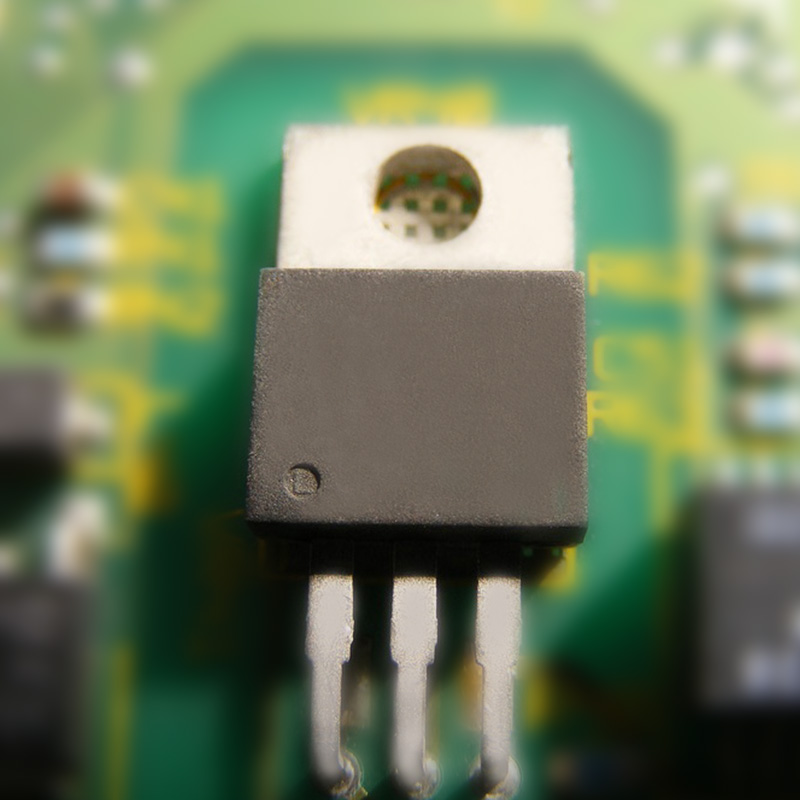Wards Auto is part of the Informa Tech Division of Informa PLC
This site is operated by a business or businesses owned by Informa PLC and all copyright resides with them. Informa PLC's registered office is 5 Howick Place, London SW1P 1WG. Registered in England and Wales. Number 8860726. Chips Supply Chain

The Volkswagen Group is trying to make its sourcing of electronic vehicle parts and semiconductors more robust with a new strategic reorganization of procurement processes.
Until now, the automaker has bought electronic components such as control units from Tier 1 suppliers largely free to decide which parts they will supply. Now, the automaker is promising closer collaboration with suppliers over choosing appropriate vehicle parts.
The biggest challenge to the automaker’s procurement efficiency, say company officials, is the rise of demand for vehicle semiconductors, especially newer cutting-edge chips, related to electrification and autonomous driving systems.
With the rise of new tech in cars, demand for an array of semiconductors has emerged.
In 1978, for example, only eight semiconductors were installed in a control unit of a Porsche 911. Today, a Škoda Enyaq has some 90 control units with some 8,000 electronic components.
Increased use of semiconductors, VW says, affects manufacturing costs, forecasted to double by the year 2030 from today's average of about $650 per vehicle. According to VW, the importance of the auto sector as a consumer of semiconductors is also increasing. Today, the industry ranks fifth among the major buyers with a global procurement volume for semiconductors of around $47 billion. By the end of the decade, the automotive industry is expected to be the third-biggest consumer of semiconductors with a market volume of around $147 billion.
Dirk Große-Loheide (pictured, above left), board member for procurement of Volkswagen Passenger Cars, says the whole VW Group is getting better at forecasting availability of these critical components to meet VWs production needs. “A high degree of transparency in the semiconductors value chain – the exact knowledge of the parts used – enables us to better determine the global demand and availability of these components.
“This is underscored by risk management which, in the future, will extend to the level of individual electronic parts and help us detect bottlenecks early on and avoid them,” says Große-Loheide, adding that VW, for strategically important semiconductors and even the Group’s own planned developments in the future, it will rely on direct purchasing from the semiconductor manufacturers.

EOLSolution More information about text formats